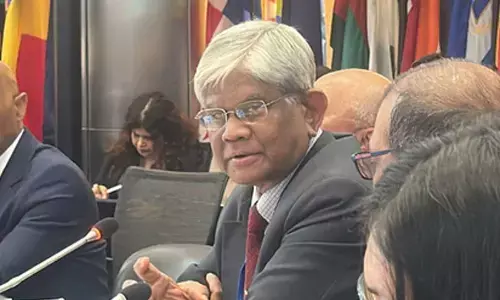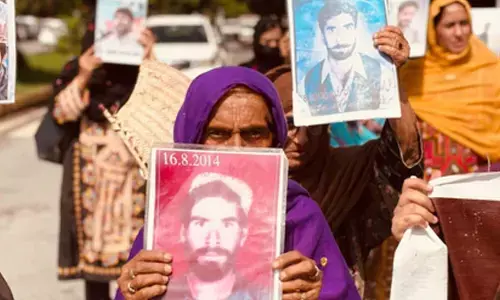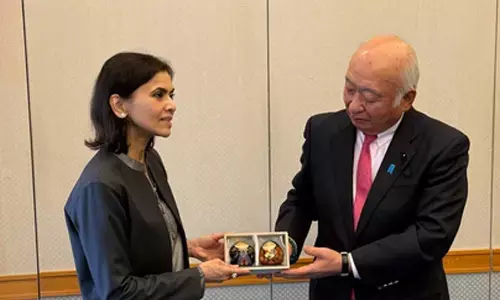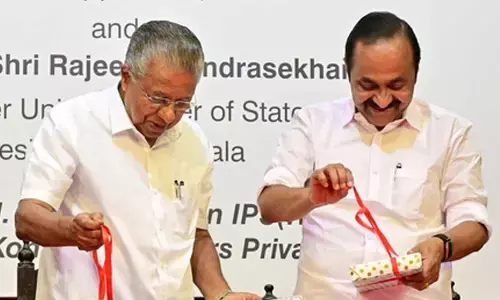Punishment not sole form of delivering justice, says Supreme Court
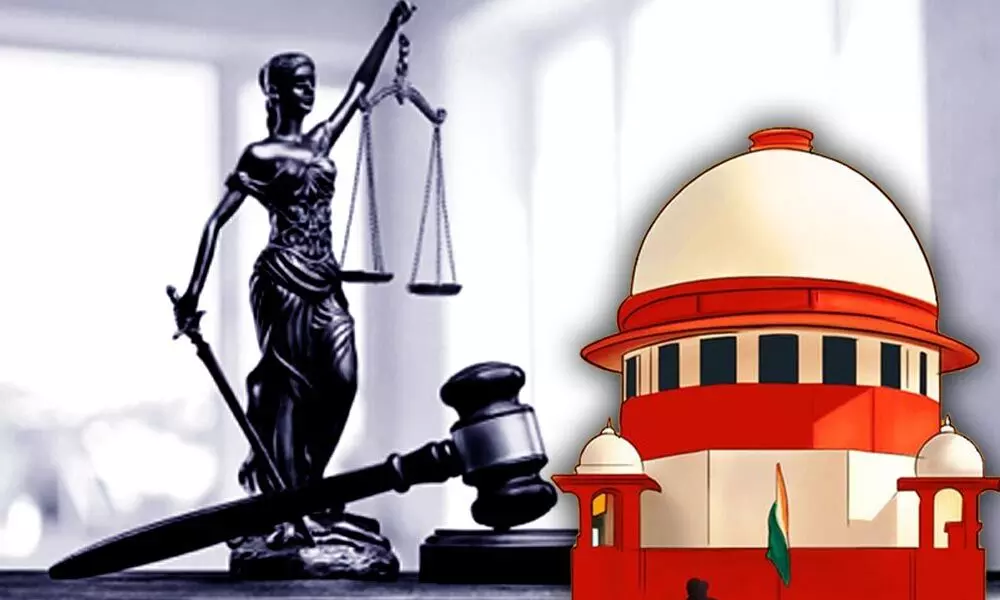
Supreme Court
The Supreme Court on Wednesday held that handing out punishments is not the sole form of delivering justice, as it quashed criminal proceedings and set aside the conviction of the accused in two appeals.
New Delhi: The Supreme Court on Wednesday held that handing out punishments is not the sole form of delivering justice, as it quashed criminal proceedings and set aside the conviction of the accused in two appeals.
A bench of Chief Justice N.V. Ramana and Justice Surya Kant, observed that criminal proceedings involving non-heinous offences or where the offences are predominantly of a private nature, can be annulled, irrespective of the fact that the trial has already been concluded or appeal against conviction stands dismissed.
"Handing out punishment is not the sole form of delivering justice. Societal method of applying laws evenly is always subject to lawful exceptions," it said.
The bench said the high court, noting the nature of the offence and the fact that parties have amicably settled their dispute and the victim has willingly consented to the nullification of criminal proceedings, can quash such proceedings in exercise of its inherent powers under Section 482 of the CrPC, even if the offences are non-compoundable.
The bench emphasised that the touchstone for exercising the extraordinary power under Section 482 would be to secure the ends of justice. However, grave offences, or offences which involve moral turpitude or have a harmful effect on the social and moral fabric of the society, cannot be construed betwixt two individuals or groups only, as they have the potential to impact the society at large, it noted.
The top court said the high court can "adopt a pragmatic approach, to ensure that the felony, even if goes unpunished, does not tinker with or paralyse the very object of the administration of criminal justice system".
It emphasised powers of the high court, under Section 482 of the CrPC, and the Supreme Court, under Article 142 of the Constitution, ought to be exercised carefully in the context of quashing criminal proceedings.
"In doing so, due regard must be given to the overarching objective of sentencing in the criminal justice system, which is grounded on the sublime philosophy of maintenance of peace of the collective and that the rationale of placing an individual behind bars is aimed at his reformation," it noted.
The top court invoked powers under Article 142 and quashed criminal proceedings and consequently set aside the conviction in both the appeals, against the Madhya Pradesh High Court and Karnataka High Court verdicts, where the non-compoundable offences were not compounded, even after the parties had reached a settlement.










